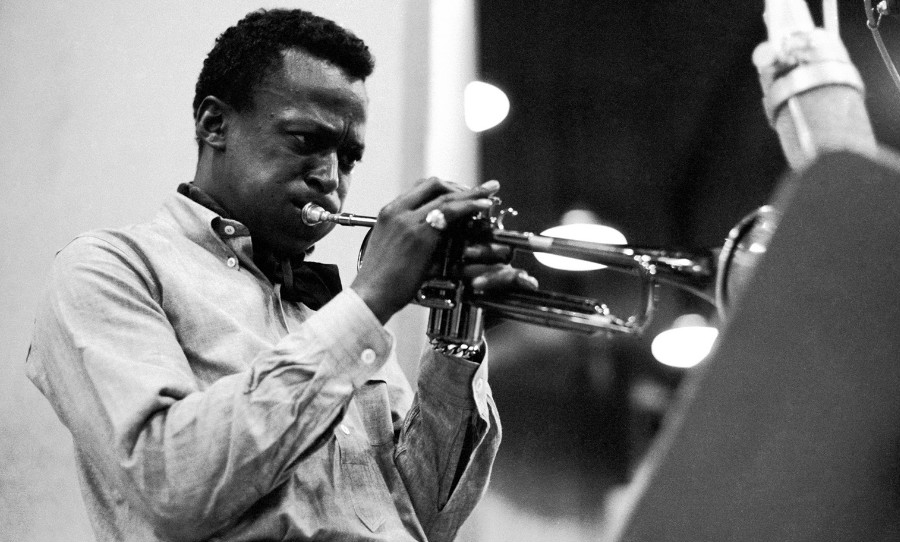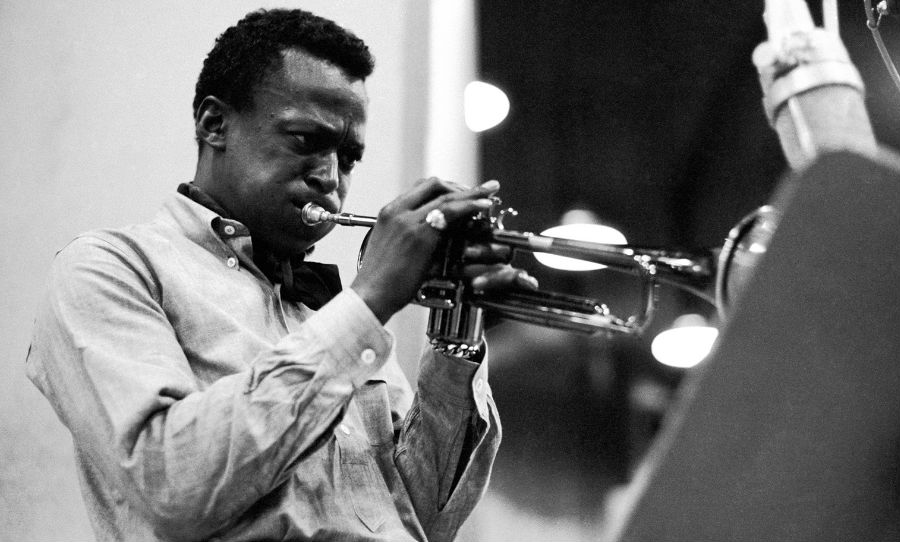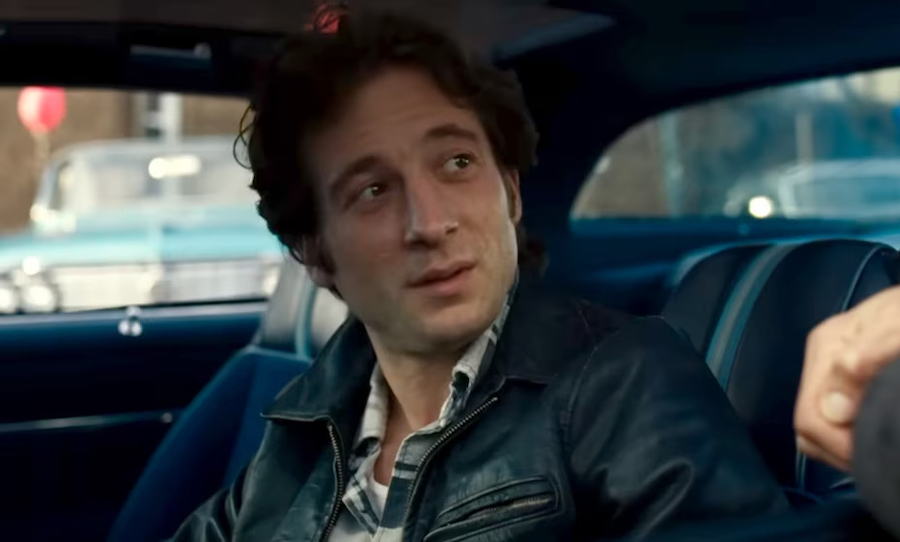Miles Davis: Birth of the Cool is a documentary on the life and music of the late jazz icon directed by Stanley Nelson. The film premiered at Sundance film festival earlier this year.
The film traces the arcs of Davis’ career throughout his early bebop years, the formation of his revolutionary Sixties quintet and the electric explorations that followed. It also deals with his years struggling with heroin addiction and his romantic relationships.

A new trailer shows how Miles Davis: Birth of the Cool depicts the highs and lows of Davis’ life and career, including snippets from interviews with Herbie Hancock and Carlos Santana.
The narration in the trailer. is drawn from the trumpeter’s 1989 autobiography – read in a raspy tone by actor Carl Lumby – as well as interviews with his associates, ranging from core collaborators Herbie Hancock and Ron Carter to his first wife, Frances Taylor Davis, and admirers such as Carlos Santana. The overall theme is one of constant evolution: “If anybody wants to keep creating, they have to be about change,” Lumbly says, quoting Davis.
The trailer also previews parts of the film that deal with Davis’ heroin addiction and romantic relationships. According to a statement from Nelson, the director wanted to depict an unflinching portrait of Davis’ complex nature.
“The story of Miles Davis has often been told as the story of a drug-addled genius. You rarely see a portrait of a man that worked hard at honing his craft, a man who deeply studied and understood classical music. An elegant man who could render ballads with such tenderness, yet hold rage in his heart from the racism he faced throughout his life. He could be extremely generous, yet rescind that generosity on a whim. He could be shamelessly romantic with the women in his life, then unspeakably cruel.”
“Miles was a man apart — in life, in love, in music — and there has never been a major documentary about this man who never looked back, rarely apologized, and changed everything we thought we knew about jazz, about music — several times in his career. Miles was ever-evolving, and it was up to the rest of the world to catch up. In unpacking the mythology that surrounds him — using his own words — I think we’ll be presenting the definitive, nuanced account of Miles Davis, the man behind the legend.”



